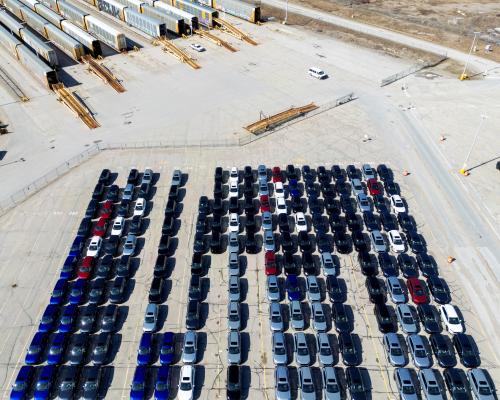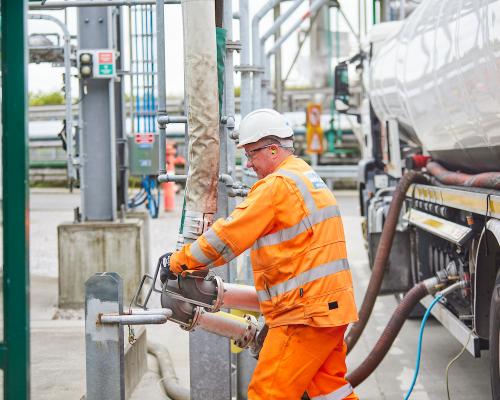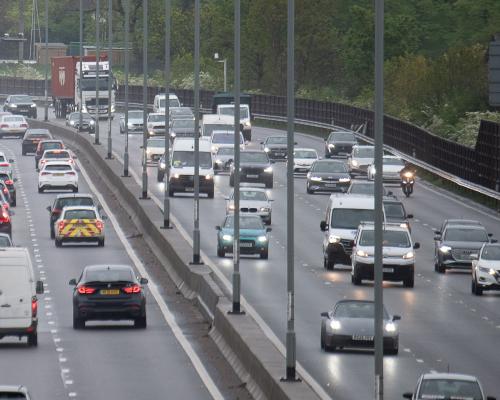
The Japanese carmaker Honda has reported a 50% drop in quarterly profits as it counted the cost of Donald Trump’s tariffs and electric vehicle policies, even as it said the full impact would be less than its worst expectations.
The manufacturer’s operating profits fell by half to 244bn yen (£1.2bn) in the three months to June, according to financial results published on Wednesday. That was mainly because of a 124bn yen hit from tariffs, as well as 113bn yen in losses on electric car sales in the US.
The car industry has been among the worst hit by the US tariff chaos, as the US president has specifically targeted it in the hope of reviving American car manufacturing. Trump’s policies have undermined international and domestic manufacturers who import cars and parts into the US through supply chains that have long been globally integrated.
Trump announced 25% tariffs on all vehicle imports in March, pushing total tariffs on imports from countries including Japan to 27.5%. However, last month Trump agreed a framework of a trade deal with Japan to limit tariffs to 15% – still a significant impact but more manageable.
Honda, Japan’s second-largest carmaker after Toyota, produces vehicles around the world and imports cars and parts to the US from its home country. It also has five car assembly factories within the US, according to the data company MarkLines, but it is heavily reliant on tariff-hit Mexican and Canadian factories to produce cars for the US market.
The carmaker said the tariffs would cost it 450bn yen during the year to March 2026, which is less than the 650bn yen it had previously estimated.
The tariff impact this financial year will be 200bn yen less than initially feared, in part because the company was able to raise prices in the US, a sign of the inflationary pressure introduced by tariffs. Trump has said that he “couldn’t care less” if tariffs raise car prices for US consumers, although that effect has been a key factor in the US Federal Reserve resisting intense pressure from the president to cut interest rates.
Honda said “sales in North America remained strong” aside from the tariff impact. However, there were signs of trouble in its electric vehicle sales as it admitted to sustaining losses on battery cars sold in the US. It also wrote off money spent on developing new electric cars, as some parts of the car industry focus on producing more profitable hybrids, combining a battery with a petrol or diesel engine.







